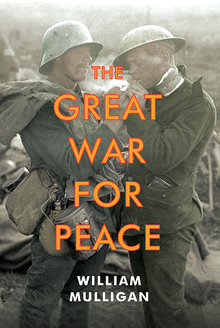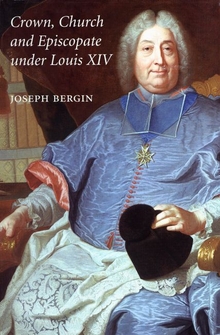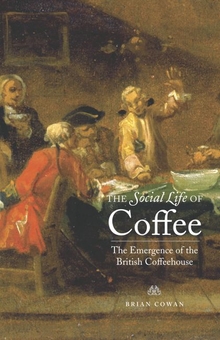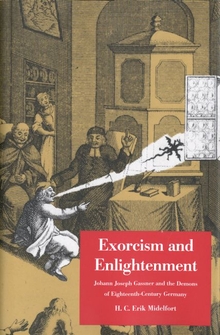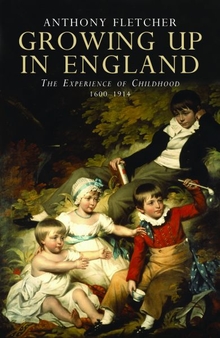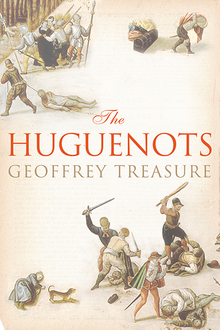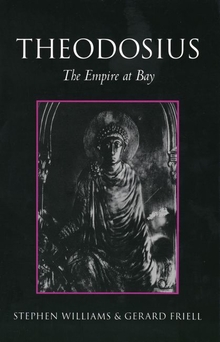The Great War for Peace
WARNING
You are viewing an older version of the Yalebooks website. Please visit out new website with more updated information and a better user experience: https://www.yalebooks.com
William Mulligan
A new look at the legacy of WWI, a war fought for peace yet followed by a century of devastating violence
“The war to end all wars” rings out a bitter mockery of the First World War, often viewed as the seminal catastrophe of the twentieth century, the crucible from which Soviet, Fascist, and Nazi dictatorships emerged. Today’s conventional wisdom is that the Great War attuned the world to large-scale slaughter, that post-war efforts directed by the Treaty at Versailles were botched, that unbridled new nationalisms made the Second World War inevitable.
This provocative book refutes such interpretations, arguing instead that the first two decades of the twentieth century—and the First World War in particular—played an essential part in the construction of a peaceful new order on a global scale. Historian William Mulligan takes an entirely fresh look at the aspirations of statesmen, soldiers, intellectuals, and civilians who participated in the war and at the new ideas about peace that were forged. While the hope for ultimate peace may have legitimized and even intensified the violence of the war, it also broadened conventional ideas about international politics and led to the emergence of such institutions as the League of Nations and the International Labour Organization. The experience of the First World War reinforced humanitarian concerns in political life and focused attention on building a better and more peaceful world order, Mulligan shows. Such issues resonate still in the political and diplomatic debates of today.
“The war to end all wars” rings out a bitter mockery of the First World War, often viewed as the seminal catastrophe of the twentieth century, the crucible from which Soviet, Fascist, and Nazi dictatorships emerged. Today’s conventional wisdom is that the Great War attuned the world to large-scale slaughter, that post-war efforts directed by the Treaty at Versailles were botched, that unbridled new nationalisms made the Second World War inevitable.
This provocative book refutes such interpretations, arguing instead that the first two decades of the twentieth century—and the First World War in particular—played an essential part in the construction of a peaceful new order on a global scale. Historian William Mulligan takes an entirely fresh look at the aspirations of statesmen, soldiers, intellectuals, and civilians who participated in the war and at the new ideas about peace that were forged. While the hope for ultimate peace may have legitimized and even intensified the violence of the war, it also broadened conventional ideas about international politics and led to the emergence of such institutions as the League of Nations and the International Labour Organization. The experience of the First World War reinforced humanitarian concerns in political life and focused attention on building a better and more peaceful world order, Mulligan shows. Such issues resonate still in the political and diplomatic debates of today.
William Mulligan is lecturer in modern history, University College Dublin. He lives in Dublin, Ireland.
'An impressive work of profound scholarship, sweeping vision and synoptic elegance. Mulligan shows how new conceptions of peace and global order were born in the fires of the First World War, illuminating the paradoxical ways in which this terrible conflict shaped the modern world. A tour de force.' - Chris Clark, author of The Sleepwalkers: How Europe Went to War in 1914
'William Mulligan has written an important book demolishing the false distinction between the history of peace in the twentieth century and the history of war. This is a major achievement. Instead of seeing 1914-18 as an unmitigated catastrophe, he draws our attention to the way in which recognition of its horrors helped over the long term to forge a different and less destructive world order.' - Jay Winter, author of Dreams of Peace and Freedom:Utopian Moments in the Twentieth Century
‘No reflection on Dr. Mulligan’s work could doubt its rigorous scholarship and erudition. At the same time, his mastery of the history of war in each of the combatant countries is in very real contrast to the more predictable national studies. He seems to be equally at home with the complexities of the Japanese or the Bulgarian story as he is with the British, French, American, German, Russian or Italian. In that sense… the sweep of his understanding is both welcome and hugely impressive. As such, even setting aside his unique theme, it is to be warmly recommended.’—Cyril Pearce, Reviews in History.
“Moving beyond the customary interpretation of WW I as the breeding ground of 20th-century violence and radicalization, Mulligan provides a valuable interpretation of the war as the crucible of ideas about peace….A very readable volume that treats the various aspects of the war and the meetings with due regard, without getting bogged down in unnecessary detail. Highly recommended.”—CHOICE
ISBN: 9780300173772
Publication Date: May 27, 2014
Publication Date: May 27, 2014
456 pages, 6 1/8 x 9 1/4
15 b/w illus.
15 b/w illus.

